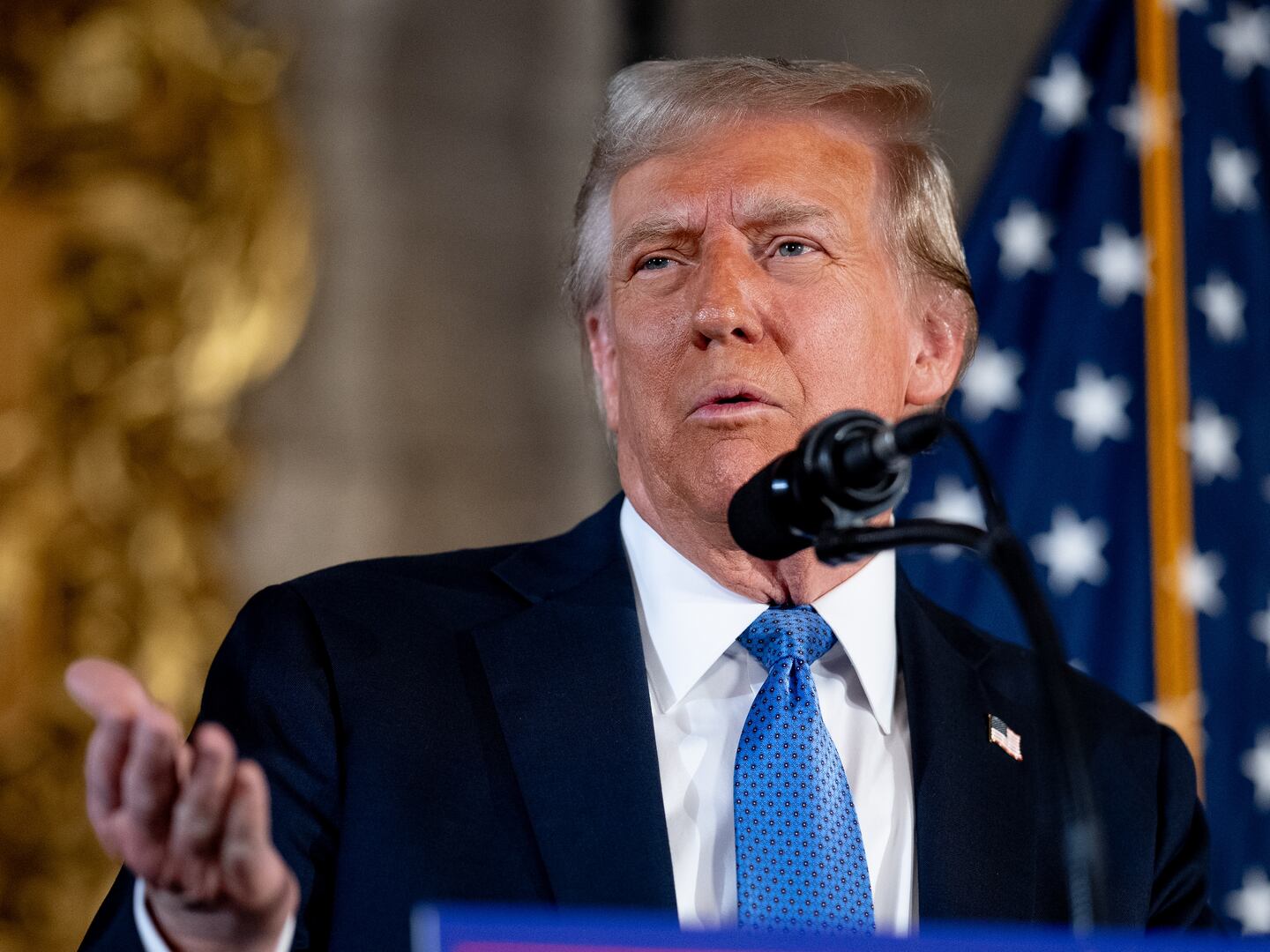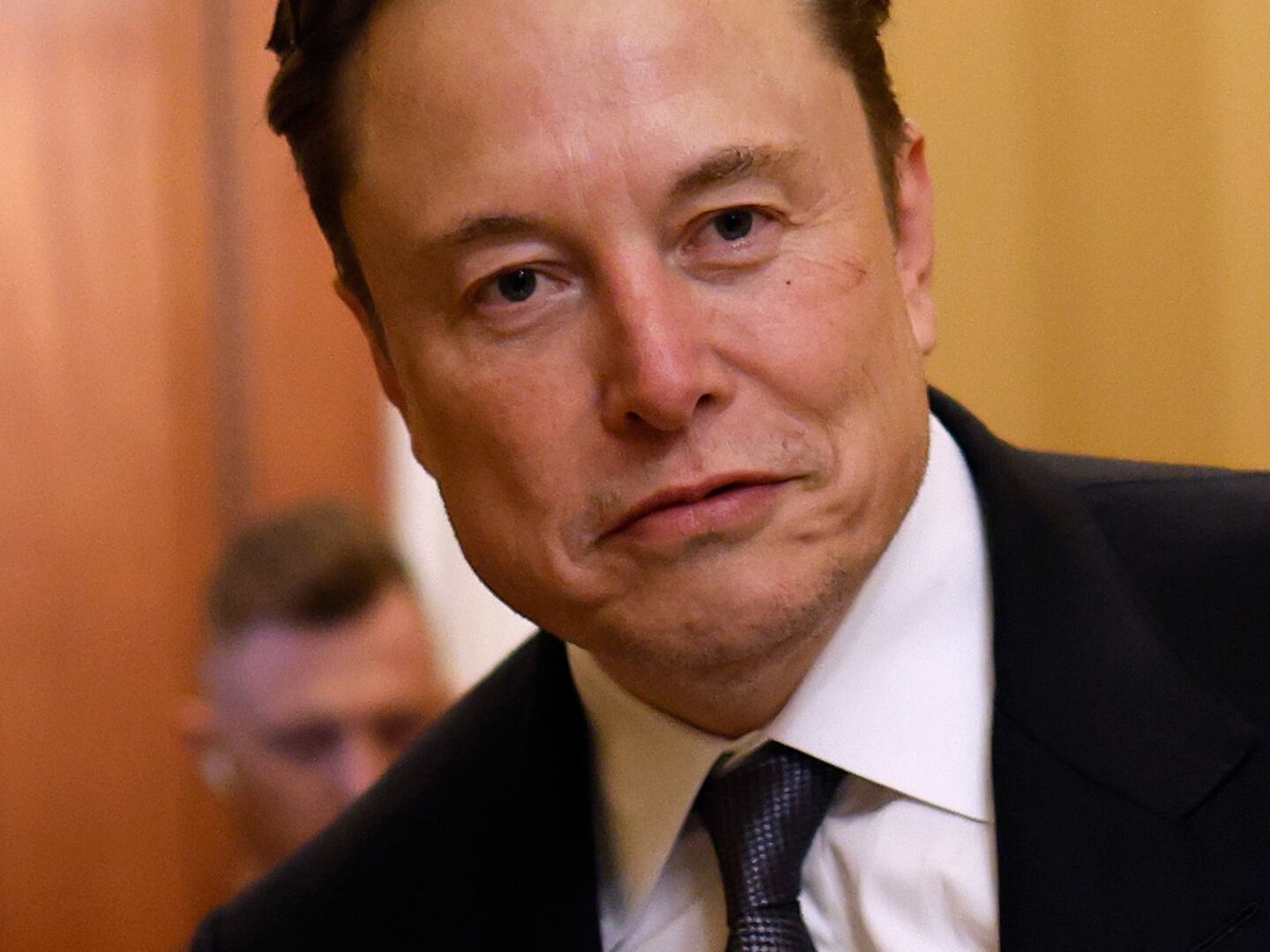Entertainment
Jay Maidment/Marvel
The Avengers’ Black Widow Problem: How Marvel Slut-Shamed Their Most Badass Superheroine
GLASS CEILING
In Avengers: Age of Ultron, Scarlett Johansson’s badass agent Natasha Romanoff is once again used to service the storyline of a male hero.

Trending Now





